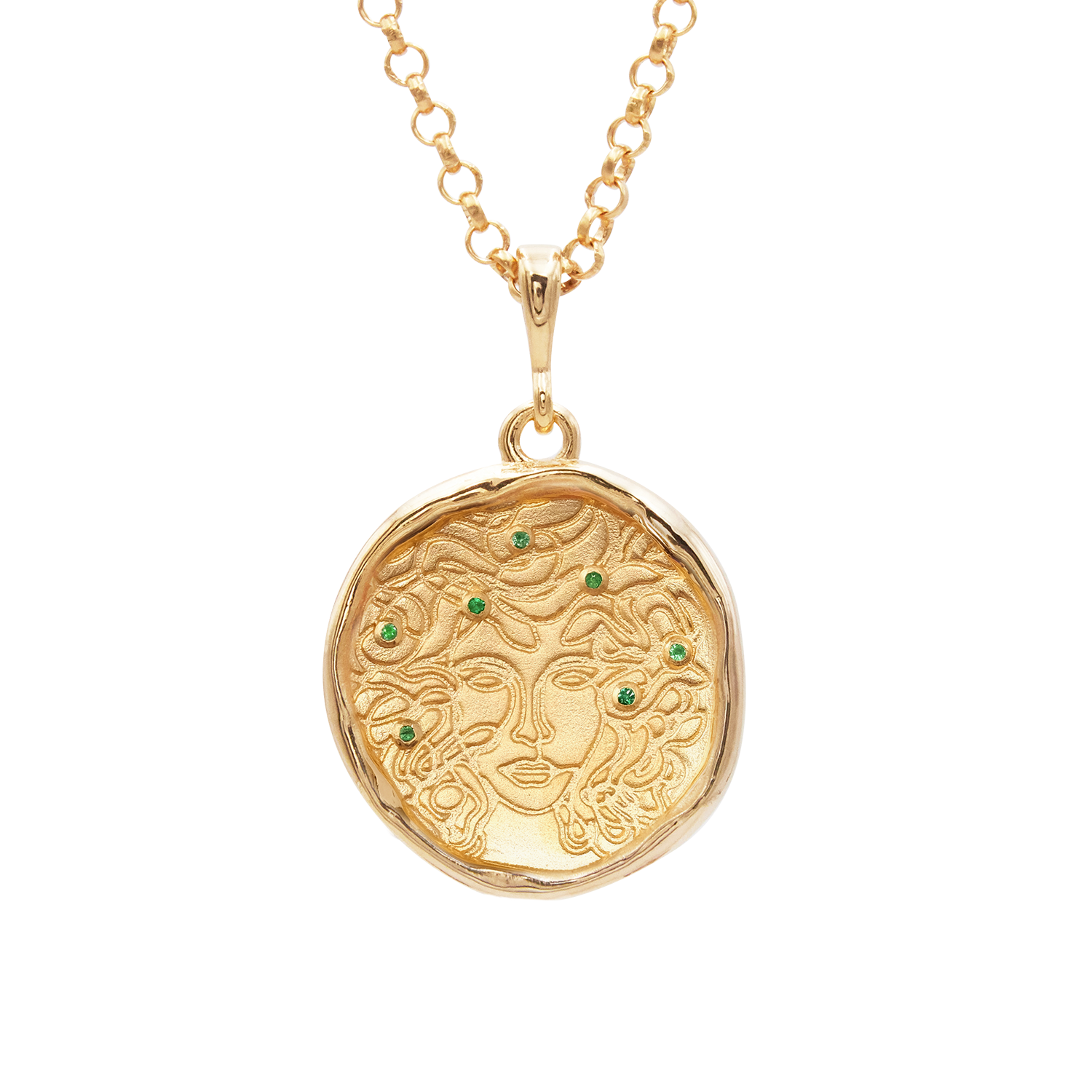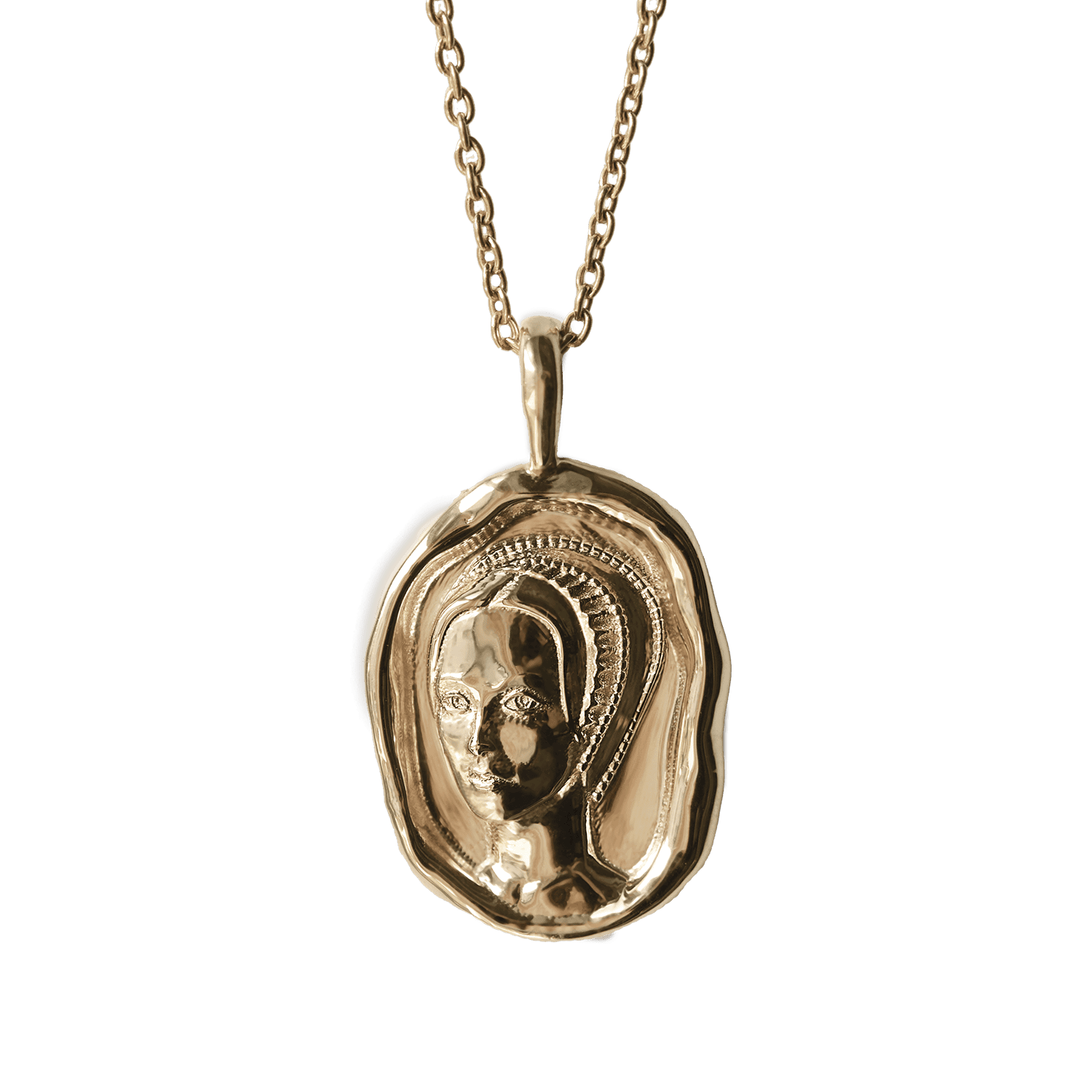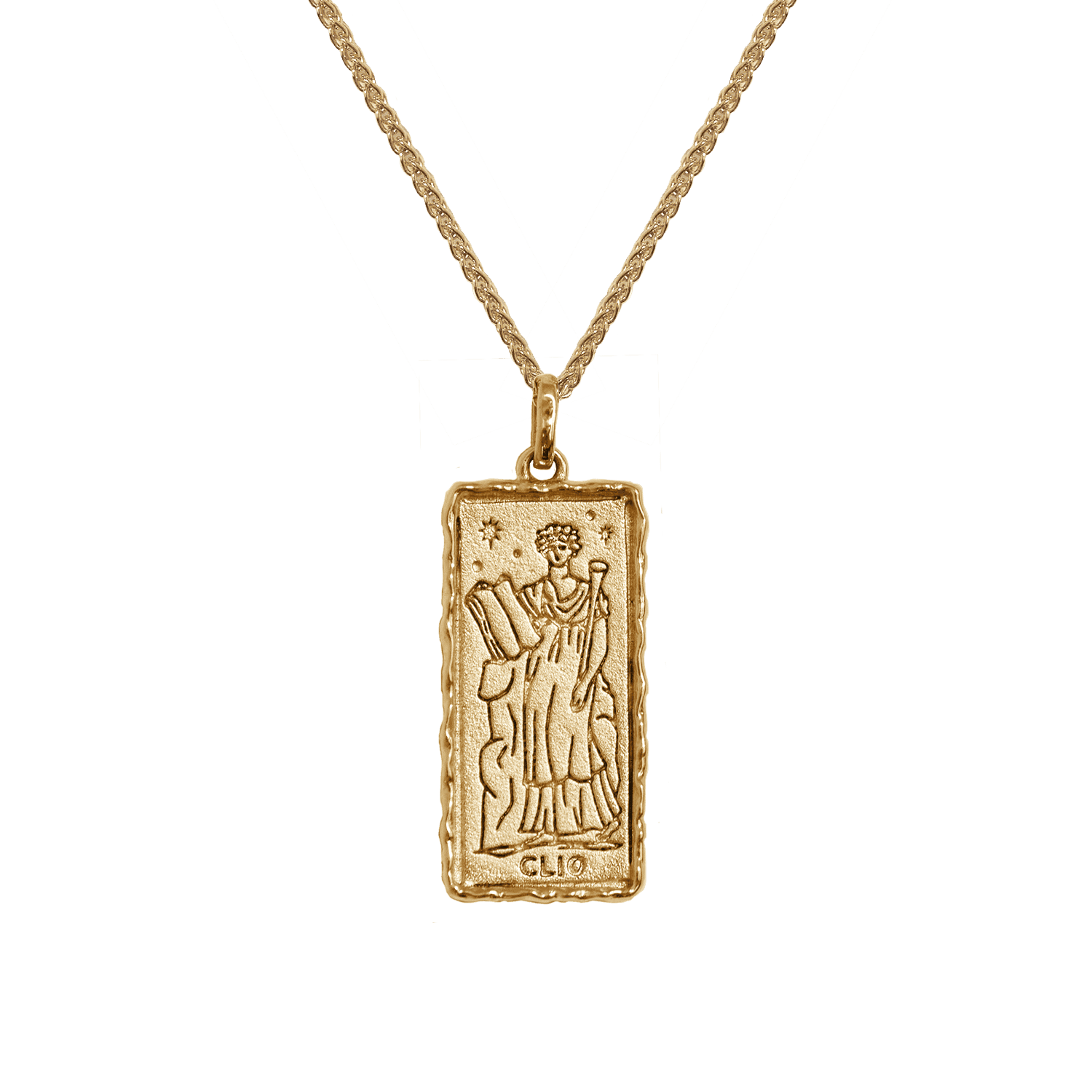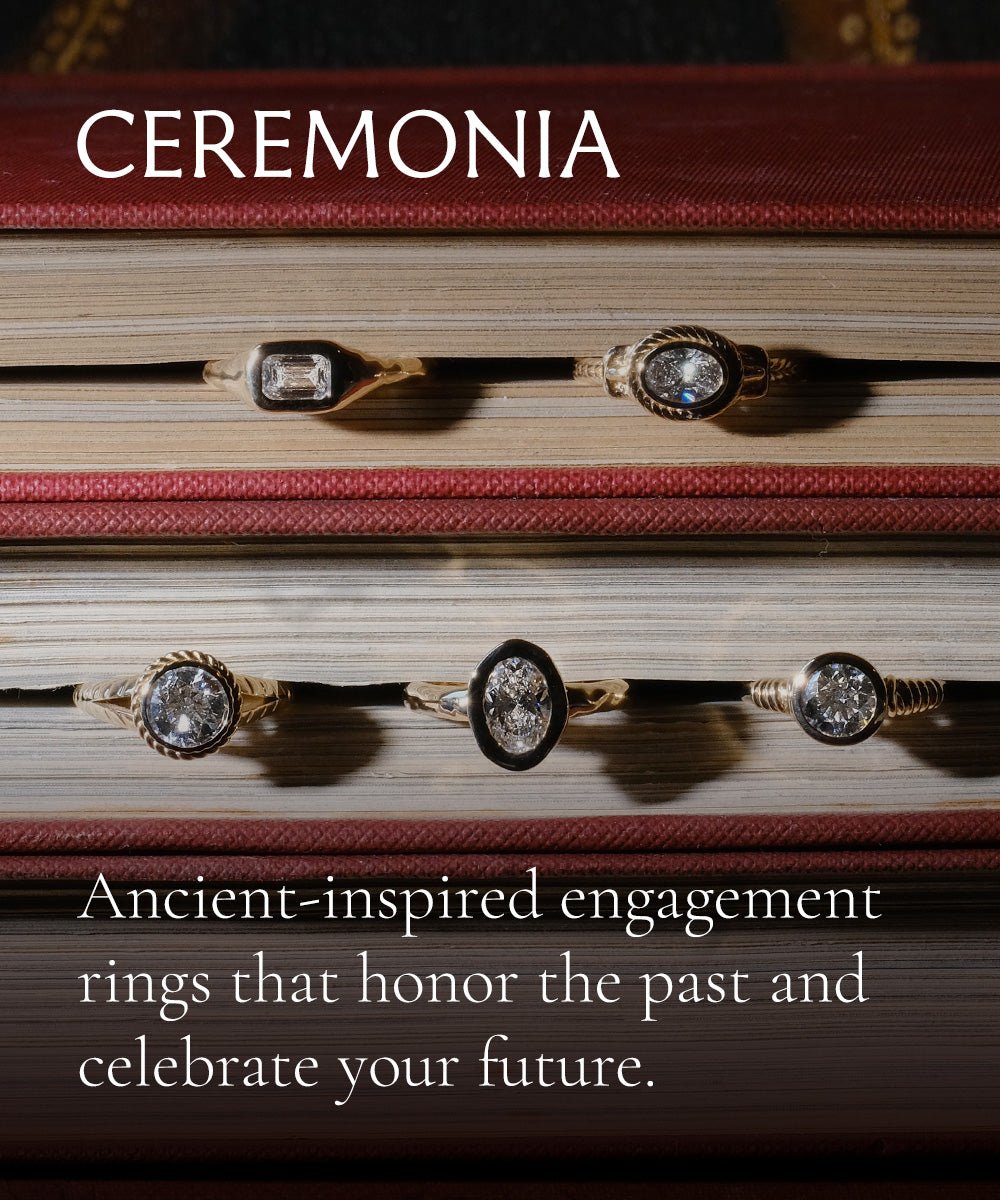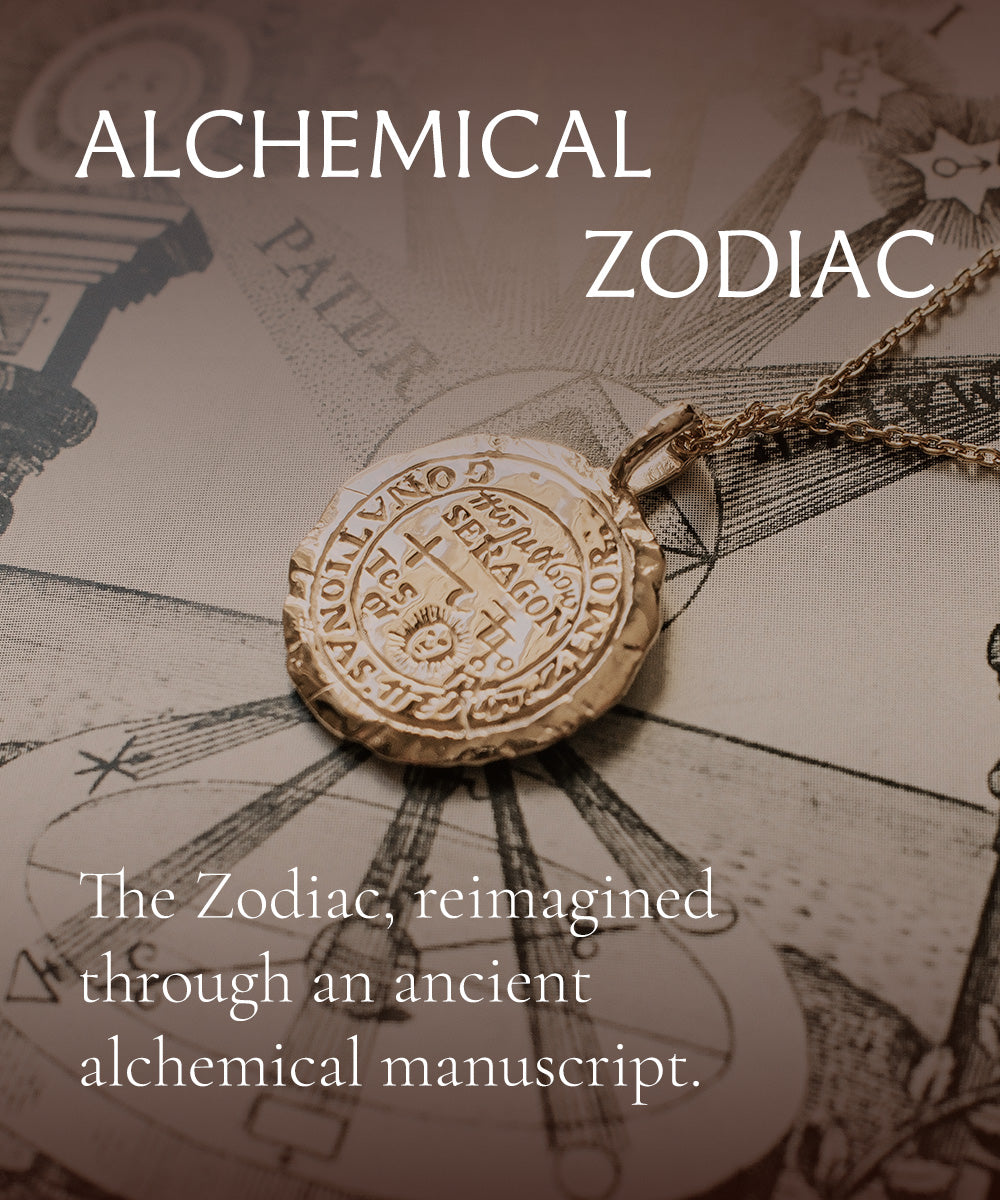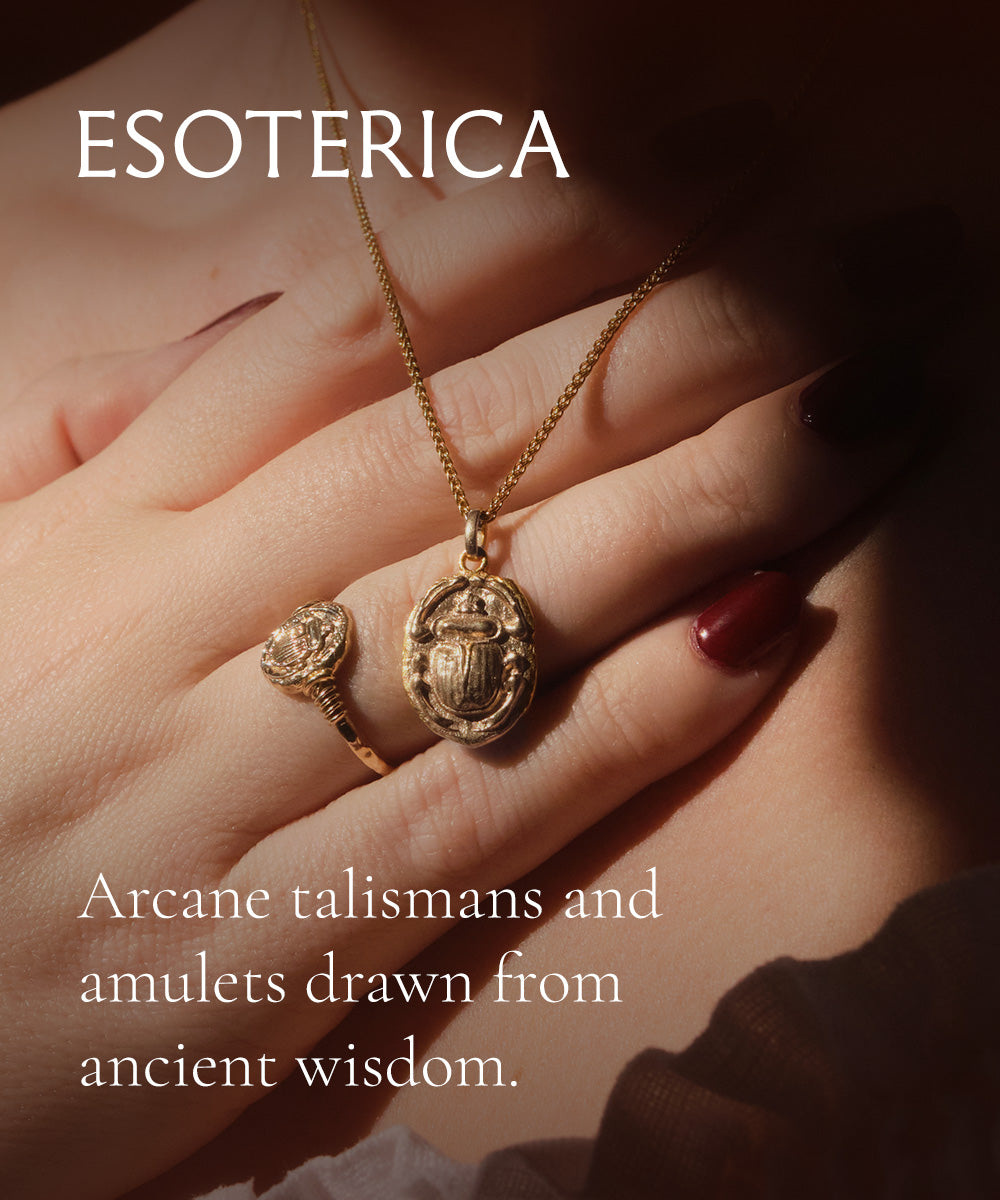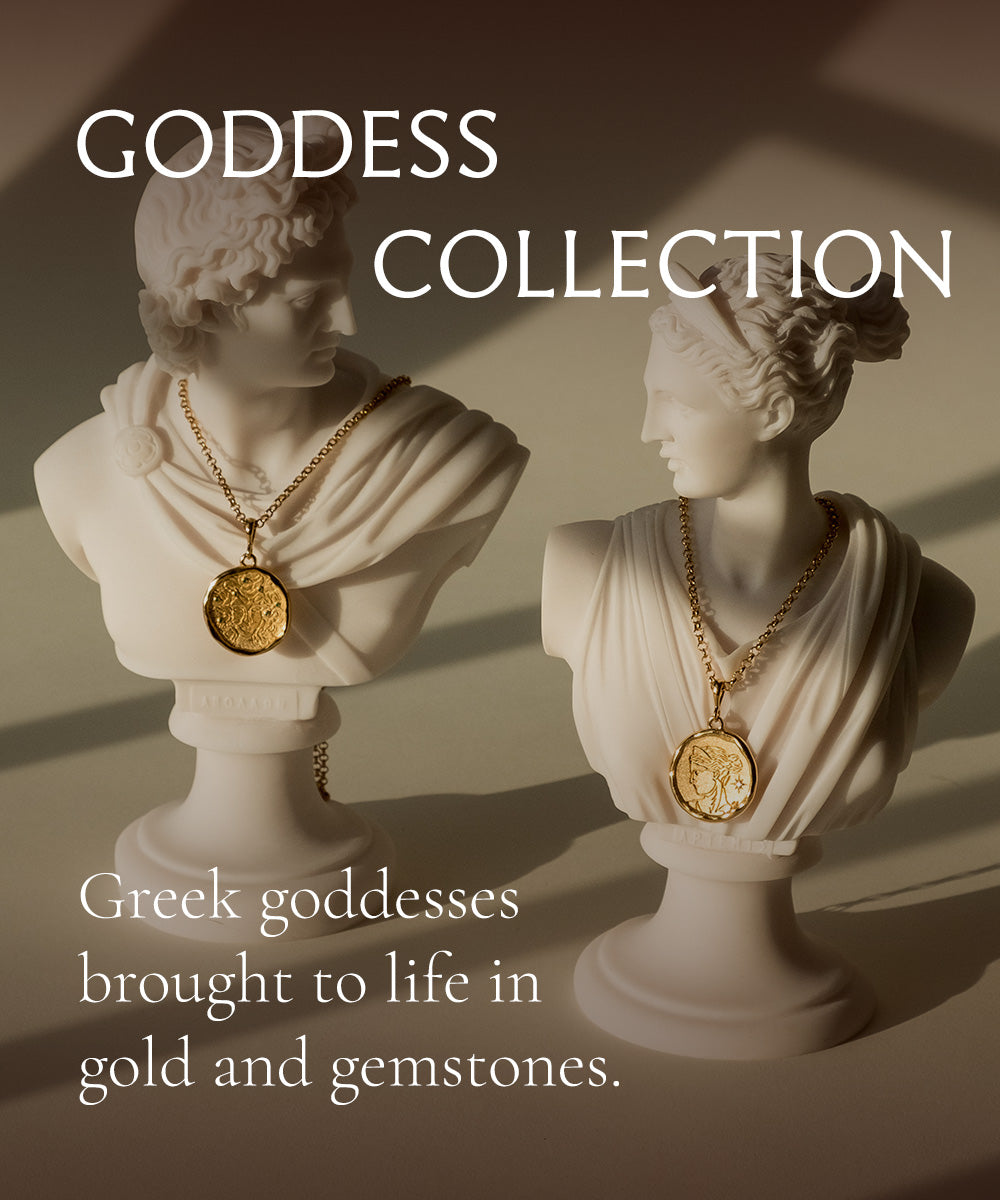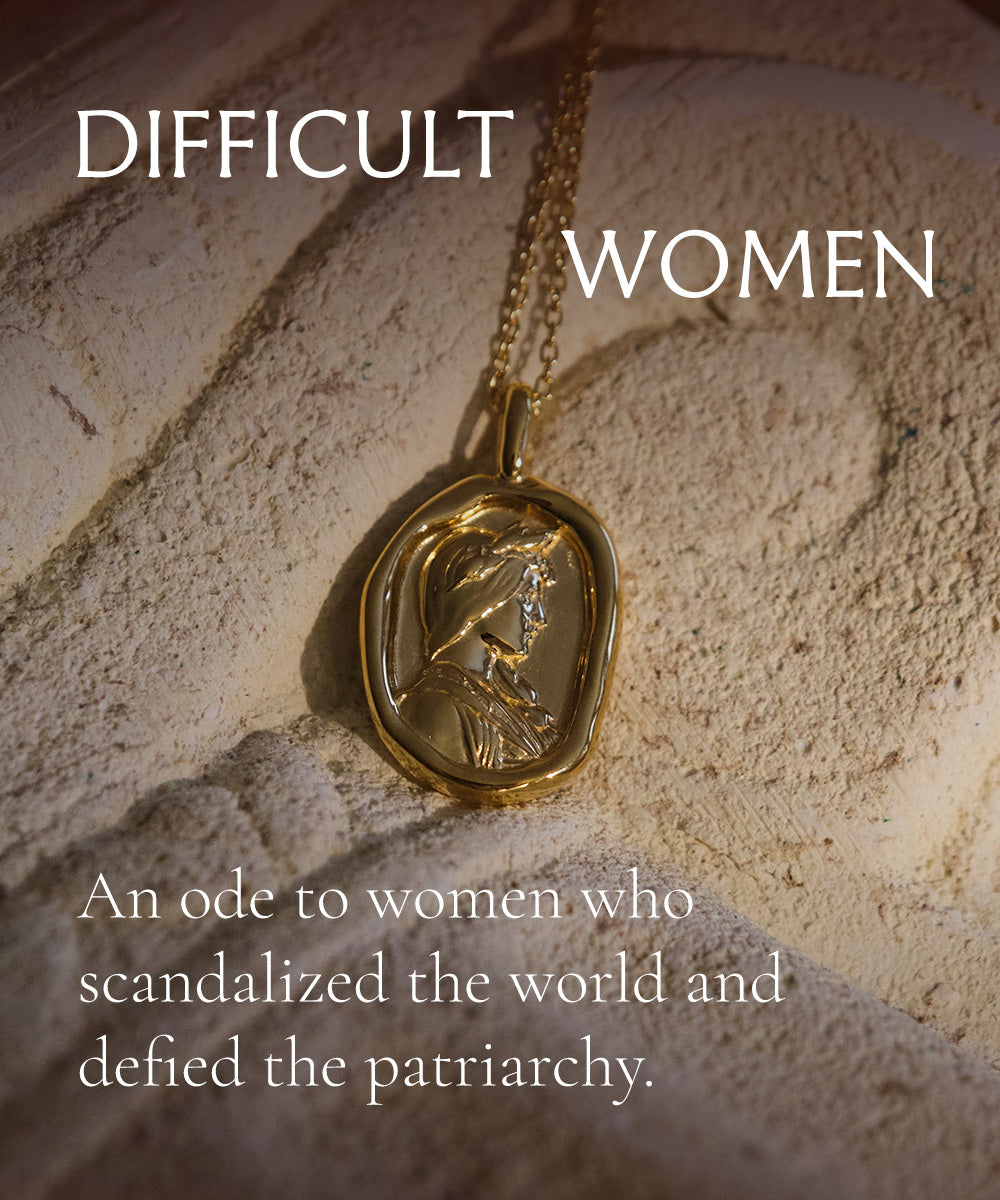When we think of the women of the Trojan war, we think of Helen, maybe of Hecuba and Andromache. We think of women deprived of their agency, watching behind the walls as men spill blood and sow salt. These women had no power to stop the war, no power to sway the minds of bloodthirsty men, and little, if any, power over their own fates.
Before the Greek ships could sail to wage war on Troy, Agamemnon, the king of Mycenae, angered Artemis by killing her sacred deer. She took the wind from his sails, and the Greek fleet sat in the bay.
The only way to bring the wind back was a sacrifice, one so evil and wrong by all the laws of gods and men that the king could never wash the stain from his hands. He would have to choose between his thirst for war and love for his daughter, Iphigenia.
Agamemnon was made of rage and ill-gotten glory, and he built his throne upon fear. His choice was made. He told his wife Clytemnestra that their child, the young princess Iphigenia, was to be married to Achilles, the greatest of the Greek warriors.
But instead of a wedding altar, Iphigenia was taken to a sacrificial altar, and the kings and generals looked on, some visibly uncomfortable but all silent and complacent, as her blood was spilled. Her life was nothing more to any of these men but a means to an end.
Some versions will tell you that Artemis swept down from Olympus and saved Iphigenia, replacing her with a doe at the last moment. Artemis is the patron saint of young women, often seen when a young woman dies—it is not a stretch to believe this version, as it lines up with Artemis’ character and motivation.
Still, it remains. Agamemnon, as well as every Greek who looked on, was willing to let Iphigenia die for wind in warships’ sails.
If Iphigenia was the first blood spilled in the Trojan war, Polyxena’s was the last.
Polyxena was a Trojan princess, one of the fifty daughters of Priam and Hecuba. She, too, was promised to Achilles, a tragic parallel to Iphigenia.
The wedding was a farce. Whether she was aware or not, Polyxena was used to lure Achilles out into the open so that the Trojans could slay him, and have a chance to win the war. It did not work, and Achilles was enraged.
Achilles turned the tide of the war, and the Greeks won. But when they filled their ships with gold and spoils of war, once again, wind would not fill their sails. The ghost of Achilles, slain in the very last battle, appeared before them, demanding blood.
Polyxena, aware of her fate, knew there was no way out. The men would look on, maybe sadly, as Odysseus led her to Achilles’ grave, but none would fight for her or even cry out at the injustice. But unlike Iphigenia, Polyxena had a chance to show these men what they were.
She stared them down as she stepped up to the altar, covered her chest, and made each of them know they shared the guilt equally, as if they themselves held the knife that took her innocent life.
Both Iphigenia and Polyxena were led to weddings that turned into their deaths. The metaphor is clear: a wedding, in this society, was not unlike a death for a young woman. It represented the end of her as a person, and the beginning of her as an ancillary character in the lives of her husband and children.
These girls, their bodies, their very lives were sacrificed to male demands. They are a reflection of women’s place in early patriarchal societies. When a man was born, he inherited all: his family name, lands, assets. When a woman was born, she was passed over, not worthy of education, of land and titles, of leading a family. Her value was perceived to lie only in her sexual assets, so that she could be given over to a man one day, and have sons and daughters to continue the cycle. In this way, women are seen as a means to an end, but men are ends in themselves.
Even beloved, high born, educated princesses could not escape it. Iphigenia was traded by her father, the patriarchal force in her life, and her death a metaphor for marriage. Her only sin was being born female, and it sealed her fate. Whether marriage or murder, her life as she knew it was over.
From the day we are born, we are forced into a social constraint that pushes us toward motherhood, our value placed squarely in our ability to attract a man, have his children, and keep him around. Only when a woman chooses whether or not she will marry based on her own needs and desires, and rejects the demands of patriarchal structure, choosing to live as an end in herself, is she free of this curse.
"On the day when it will be possible for woman to love not in her weakness but in strength, not to escape herself but to find herself, not to abase herself but to assert herself – on that day love will become for her, as for man, a source of life and not of mortal danger. In the meantime, love represents in its most touching form the curse that lies heavily upon woman confined in the feminine universe, woman mutilated, insufficient unto herself.”
-Simone de Beauvoir
